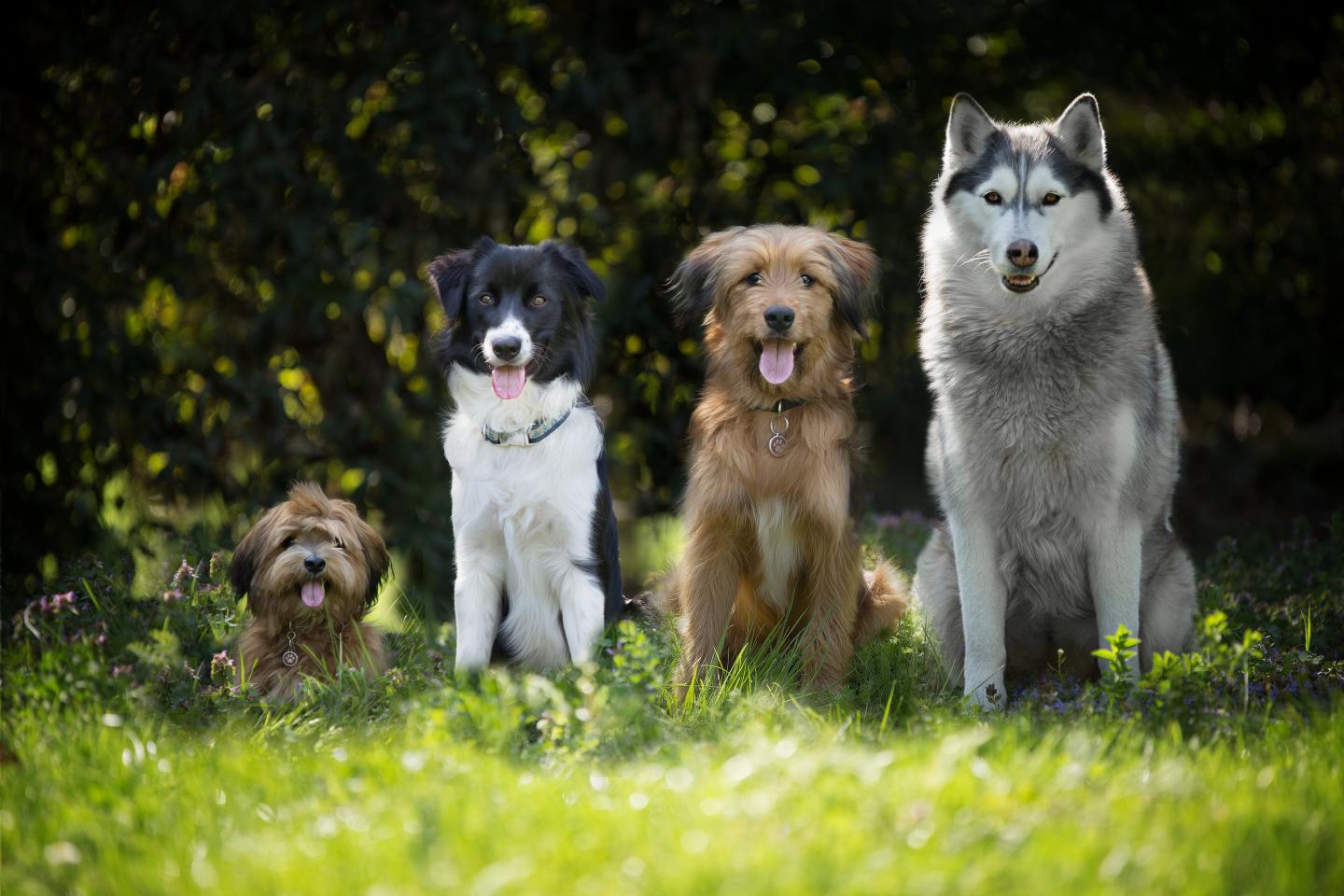Dog breed alone a poor indicator of canine behaviour, study suggests
Scientists say age or sex are best predictors for some behavioural traits in individual dogs

Breed alone is a poor predictor of individual dog behaviour, according to a new study that suggests that the trait should not be used to inform decisions relating to pet selection.
The findings, published in the journal Science, challenge current assumptions about dog breed stereotypes, including that pit bulls and rottweilers are more aggressive, while some breeds like golden retrievers are affectionate.
“Although ‘friendliness’ is the trait we commonly associate with golden retrievers, what we found is that the defining criteria of a golden retriever are its physical characteristics—the shape of its ears, the color and quality of its fur, its size—not whether it is friendly,” study senior author Elinor Karlsson from the University of Massachusetts Chan Medical School in the US said in a statement.
“A golden retriever is only marginally more likely to be more friendly than a mixed-breed or another purebred dog, such as a dachshund,” Dr Karlsson said.
Despite widely-held assumptions connecting dog breeds and their behavioural traits, scientists say there is a “stark lack” of genetic research linking these factors.
In the new study, researchers sequenced the DNA of over 2,100 dogs and assessed about 200,000 survey answers from the owners of over 18,000 dogs.
The survey asked owners over 100 questions about observable behaviours in their pets which were grouped into eight “behavioural factors”, including sociability – how comfortable a dog is around humans – and biddability, or how responsive the canine was to commands.
They searched for common genetic variations that could predict specific behavioural traits in 2,155 purebred and mixed-breed dogs.
Scientists then analysed behavioural data across owner-reported breeds, and genetically detected breed ancestries.
The analysis, which included data from 78 breeds, found 11 regions in the dogs’ genome strongly associated with behaviour, though none of these were specific to breed.
Researchers say breed only explains 9 per cent of the behavioural variation seen in the individual dogs, and for some behavioural traits and survey items, they say age or dog sex were the best predictors.
Among the behaviours most strongly predicted by genetics was dog biddability, however, scientists say this too varied significantly among individual dogs.
The study could not find behaviors that were exclusive to any one breed.
“The majority of behaviors that we think of as characteristics of specific modern dog breeds have most likely come about from thousands of years of evolution from wolf to wild canine to domesticated dog, and finally to modern breeds,” Dr Karlsson said.
“These heritable traits predate our concept of modern dog breeds by thousands of years,” Dr Karlsson said.
Naomi Harvey, a zoologist and pet behaviour specialist in the UK who was not involved in the study, said “very little” of dog character traits are heritable, adding that rearing, life experience, and “how people treat them is the biggest factor”.
“That dog breed does not predict overall behaviour (personality) has been known by those who study dog behavioural genetics for years, but I’m really pleased to see it getting such attention from a nice big study,” Dr Harvey tweeted.
The new study has found that behaviours perceived as characteristic of modern breeds derive from thousands of years of genetic adaptation that predates breed formation, with modern breeds distinguished primarily by aesthetic traits.
Scientists say almost all modern breeds were only invented about 200 years ago, adding that 2,000 years ago dogs were primarily selected for traits central to their functional roles, like hunting, guarding, or herding.
From the 1800s, humans began selecting dogs for their breed-defining physical and aesthetic traits, they added.
Currently, across the world, modern dog breeds are linked to their characteristic temperaments associated with their ancestral function, and breed ancestry of individual dogs is assumed to be predictive of their behaviour.
Due to such assumptions, scientists say a variety of breed-specific legislation exists in different parts of the world that sometimes include insurance restrictions or the outright ban on owning specific dog breeds in some places.
While many physical traits are associated with breeds, behaviour was much more variable among individual dogs, researchers said.
“In our ancestrally diverse cohort, we show that behavioral characteristics ascribed to modern breeds are polygenic, environmentally influenced, and found, at varying prevalence, in all breeds,” scientists wrote in the study.
“Thus, dog breed is generally a poor predictor of individual behavior and should not be used to inform decisions relating to selection of a pet dog,” they added.






Join our commenting forum
Join thought-provoking conversations, follow other Independent readers and see their replies
Comments